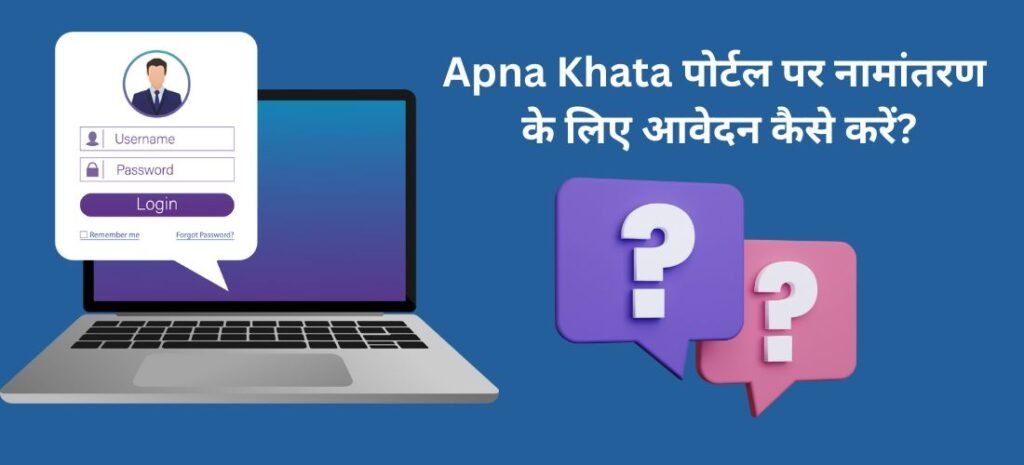Professional certification is one component of higher education that is sprouting in current high-stakes, competitive job markets. Certification programs allow a student or professional to learn skills, acquire particular knowledge, and find themselves more employable as industries become increasingly complex and job requirements become even more specialized. Certificate programs added to the higher education toolbox are an accelerant to workforce readiness and lifelong learning.
Professional certifications add value to higher education because they help bridge the gap between theory and practice; that is to say, between what is learned in academia and what the industry requires. Such courses enhance employability and career readiness. Hence, Plutus Education also offers professional courses in diverse fields where students can earn industry-recognized qualifications, which gives them a better competitive edge in the market.
Understanding Professional Certifications in Higher Education
Professional certifications are short-term, skill-based courses aimed at giving professional knowledge in any given field. These programs are more focused than degrees, and the intention behind them is to upskill or deskill a workforce in a particular industry or career path. Owing to their long periods of acquisition, mostly several years, as opposed to degrees, certifications are usually suited for those who prefer adaptability to new requirements in their careers.
Advantages of Certificate Programs
Here are the advantages of certificate programs for students in higher education.
1. Builds Skills Faster
The most important advantage of certification courses is the fast pace at which students can acquire new skills. Although a degree program will take a few years, certificates are mostly meant to take just a few weeks or months. Thus, this fast-paced format is very effective for professionals looking for expertise in specific fields, including project management, digital marketing, or data analytics.
Another characteristic of these courses is that they are often structured with only relevant skills being included and do not incorporate general education courses associated with more general degree courses. This means that students may jump headfirst into specific studies without feeling overwhelmed by the entanglements of unrelated subjects.
2. Higher Job Opportunities and Wages
It can be said that there is every incentive for certified professionals to become very attractive candidates in the job market. Many recruiters and employers will go out of their way to recruit individuals with certifications in specific areas, which clearly reflects commitment to professional development and the mastery of relevant skills. Certain certifications, such as in the IT, health care, and financial sectors, have become absolutely essential for certain roles.
A certification also builds up the earning capacity. It is well known that most professionals generally get a significant pay hike based on their new certification, especially if it is an in-demand skill in a particular industry. For instance, some examples of such certifications in cybersecurity, cloud computing, or financial analysis all result in better and more money-making job prospects.
3. Flexibility for Working Professionals
Certificate programs really work well with flexibility in them, thereby allowing working professionals to make education very accommodating to other commitments. Many institutions offer courses via the Internet and even in hybrid programs where students can study at their own best-suited pace. This would allow professionals to pursue their skills upgrade without having to be away for any duration from a productive career.
Overcoming Common Objections and Concerns
Overcoming objections and addressing general concerns about professional certifications is inherently overcoming doubts over cost, time commitment, and perceived value. With the long-term benefits that a program like Plutus Education Programs offers and the flexibility of such programs, one can leverage these for student-informed decision-making on education pathways.
1. Selection of Program
With the ever-growing popularity of certification programs, the challenge lies in choosing an appropriate one. Prospective students have to access program quality, credibility, and alignment with their career goals. It is always advisable to opt for accredited programs offered by reputable institutions or industry-recognized bodies.
Now, the other critical thing that students must pay attention to is the particular set of skills they want and what’s in demand in the labor market. One can inquire about employers’ preferences and sorts of certifications that have value in one’s industry to make a decision. The review of alumni success stories and partnerships with industries may also be able to tell much about a program.
2. Cost and ROI
While certificate programs will typically cost less than traditional degrees, most students pay these costs. It is how much the investment will pay off, though, in regard to a better job. opportunities or improved salaries. Students must look into sources of funding, such as employer sponsorships, scholarships, and financial aid, to offset the cost.
3. Maintaining Validity in Continuous Professional Development
The second issue is that the certification may expire very soon. In light of the nature of the industries, professionals should be up to date with the latest developments and applied technologies in the respective industries. Thus, attaining the certificate shall not be a single event but a lifelong pursuit of continuous professional development.
Why Certificate Programs Should Be Offered by Institutions?
1. Industry demand
Higher education institutions can play a crucial role in bridging the skills gap by offering certification programs. Industries are evolving rapidly, and the demand for specialized skills is higher than ever. Certificate programs allow institutions to stay relevant by adapting their offerings to meet the changing needs of employers.
The essence of this good collaborative relationship with industry experts and employers is to ensure that, alongside current trends, programs are designed that guarantee students will graduate with the required skills to ensure success in their industries.
2. Institutional Reputation Enhancement
The existence of well-designed and industry-recognized certification programs shall boost the reputation of the institution. Those schools responding to the needs of the marketplace through providing practice-based, career-aligned training shall stand to differ from their competitors. Moreover, the institutions shall enjoy a good name for quality education deliveries, especially when the graduates are eventually placed within weeks in high-paying jobs or into jobs with rapid advancements.
How to Deliver the Seamless Certificate Student Experience?
1. Seamless Enrollment and Registration
Accessibility is the first step toward a smooth experience. Making enrollment and registration as painless as possible would go a long way for institutions. An intuitive web portal where students can view available programs, access information, and apply online will do much in streamlining the user experience. Real-time support via live chats or help desks can also mitigate friction during the registration process.
2. Flexible Learning Models
Institutional support will provide flexible learning models to fulfill different student needs. Thus, different learning model types, like a combination of face-to-face, hybrid, or online, are needed. Because flexible scheduling will give ample opportunities for students to study at their convenient times, it will make education accessible to working professionals or others who have responsibilities.
3. Continuous Support and Career Services
Student support throughout the program is key to a successful outcome. It means access to faculty, mentorship, and career services. Institutions offering career counseling, internship placements, and networking will ease a seamless transition from certification to employment. Ongoing feedback from students can be used to refine and improve the program offerings.
4. Credential recognition and badge
Lastly, institutions should provide proper recognition for their certifications through digital badges or certificates in which students may easily display them on LinkedIn or any other professional portfolios. Digital credentials are so vibrant and easy to view, opening up opportunities for showing achievements among potential employers.
Conclusion
Professional certification in higher education offers a fundamental benefit that can neither be undermined nor overlooked: streamlined skill development, increased employability, and flexibility for students as well as professionals. Institutional integration of certification programs depends on the solution of the critical issues involved: cost, program choice, and continuous learning.
Certification keeps higher education institutions on the right track toward improving their reputations as they stay up to date regarding the nature of the marketplace, mainly in the job market. Better-aligned programs will improve the students’ educational experience, from course enrollment to a lifetime career. Institutions can have a certification program that is in the marketplace and outshines the rest in terms of classroom experience from enrollment to career advancement. For professional certifications, it is still an integral part of the delivery function of education because of the evolution of industries to close the gap between academic learning and real-life scenarios.


